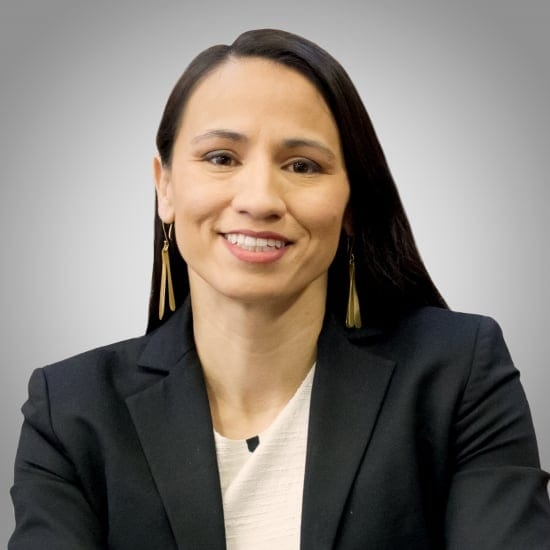WASHINGTON — Rep. Sharice Davids (D-KS) disclosed on Friday she tested positive for Covid-19. Davids, a tribal citizen of the Ho Chunk Nation, who was vaccinated in January 2021, says her symptoms are mild.

Davids, 41, who serves in an eastern Kansas congressional district, was already in the district recovering from outpatient surgery when she tested positive for Covid-19.
She issued the following statement through her Washington office after learning she tested positive on Friday:
“Earlier today, I received a positive Covid-19 PCR test result. My symptoms are mild, and per CDC and House Attending Physician Guidance I am continuing to isolate at home, where I have been since an unrelated outpatient parathyroid surgery. I have followed CDC recommended precautions throughout this pandemic, including masking indoors in areas of high or substantial transmission.
Want more Native News? Get the free daily newsletter today.
I’m incredibly grateful for the vaccine and the protection that it offers. I know things could have been much worse for me without it. As the Delta variant spreads in our state, I encourage everyone to protect themselves and others and get their shot. We need everyone to get vaccinated in order to put the worst of this virus behind us. If you have questions about the COVID vaccine and where you can get yours, go to vaccines.gov.”
After Davids’ office announced the positive test, Kansas Gov. Laura Kelly wished the congresswoman a speedy recovery.
Davids is serving her second term in Congress. She was elected in Nov. 2018, the same year Deb Haaland was elected. The two became the first two American Indian women elected to Congress.
More Stories Like This
Native News Weekly (August 25, 2024): D.C. BriefsUS Presidents in Their Own Words Concerning American Indians
Native News Weekly (December 14, 2025): D.C. Briefs
Wounded Knee Massacre Site Protection Bill Passes Congress
Two Murdered on Colville Indian Reservation
Help us defend tribal sovereignty.
At Native News Online, our mission is rooted in telling the stories that strengthen sovereignty and uplift Indigenous voices — not just at year’s end, but every single day.
Because of your generosity last year, we were able to keep our reporters on the ground in tribal communities, at national gatherings and in the halls of Congress — covering the issues that matter most to Indian Country: sovereignty, culture, education, health and economic opportunity.
That support sustained us through a tough year in 2025. Now, as we look to the year ahead, we need your help right now to ensure warrior journalism remains strong — reporting that defends tribal sovereignty, amplifies Native truth, and holds power accountable.
 The stakes couldn't be higher. Your support keeps Native voices heard, Native stories told and Native sovereignty defended.
The stakes couldn't be higher. Your support keeps Native voices heard, Native stories told and Native sovereignty defended.
Stand with Warrior Journalism today.
Levi Rickert (Potawatomi), Editor & Publisher

